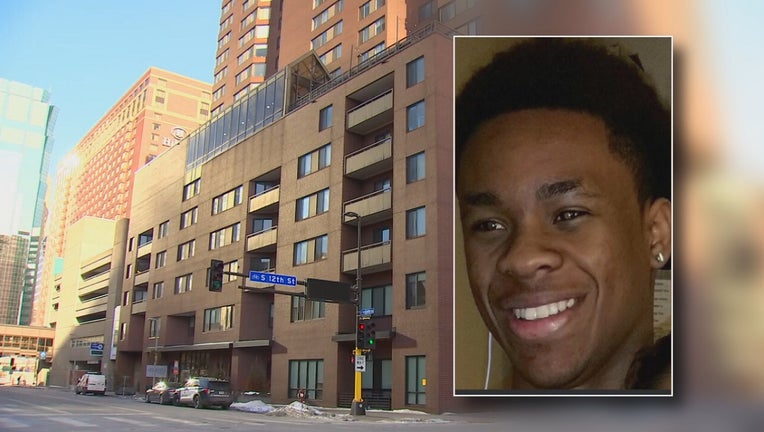Minn. Democrats to push no-knock ban, GOP seeks policy review

Amir Locke
ST. PAUL, Minn. (FOX 9) - Minnesota Democrats will advance legislation banning police from using no-knock raids, while leading Republicans said they supported a review of the state's current restrictions.
The calls follow last week's Minneapolis Police predawn raid that killed Amir Locke, who was not the target of the no-knock warrant.

Minn. Democrats to push no-knock ban, GOP seeks policy review
Minnesota Democrats will advance legislation banning police from using no-knock raids, while leading Republicans said they supported a review of the state's current restrictions.
Democrats who control the House will announce their plans in a Tuesday afternoon news conference that includes Speaker Melissa Hortman, signaling that the House plans to pass the legislation this session.
But the measure will likely run into opposition from police groups and the Republican-led Senate. Senate Judiciary Chairman Warren Limmer, speaking with reporters in the Capitol on Monday, said he was skeptical of a full ban.
"Police activity is very challenging," said Limmer, R-Maple Grove. "There are times when you have to use extreme measures to make (an) arrest, otherwise the public is in danger."
Gov. Tim Walz said over the weekend that he would sign a no-knock ban if a bill came to his desk.
I think these things have such potential to go bad like we saw in this case with Amir Locke." Walz said on Twin Cities Public Television. "So I think the Legislature needs to buckle down on this."
The use of the tactic varies by agency. Minneapolis Police have conducted an average of more than 100 no-knock warrants per year, while St. Paul Police said they have not executed a no-knock raid since 2016.
Republicans are showing support for reviewing Minnesota's current no-knock restrictions.
Former state Sen. Scott Jensen and state Sens. Paul Gazelka and Michelle Benson each called for taking a closer look at state policy.
"We have a policy that may well be putting police in harm’s way as they try to do their best work," Jensen said. "The no-knock policy is fraught with danger – absolutely embedded with danger."
Minnesota lawmakers put limits on no-knock raids in 2021. They limited -- but did not outright ban -- nighttime searches and required two high-ranking police officials to sign off on all warrant applications to a judge.
House Democrats had initially proposed stricter curbs. Police groups and Republicans opposed them, and the final law was the product of intense negotiations.

